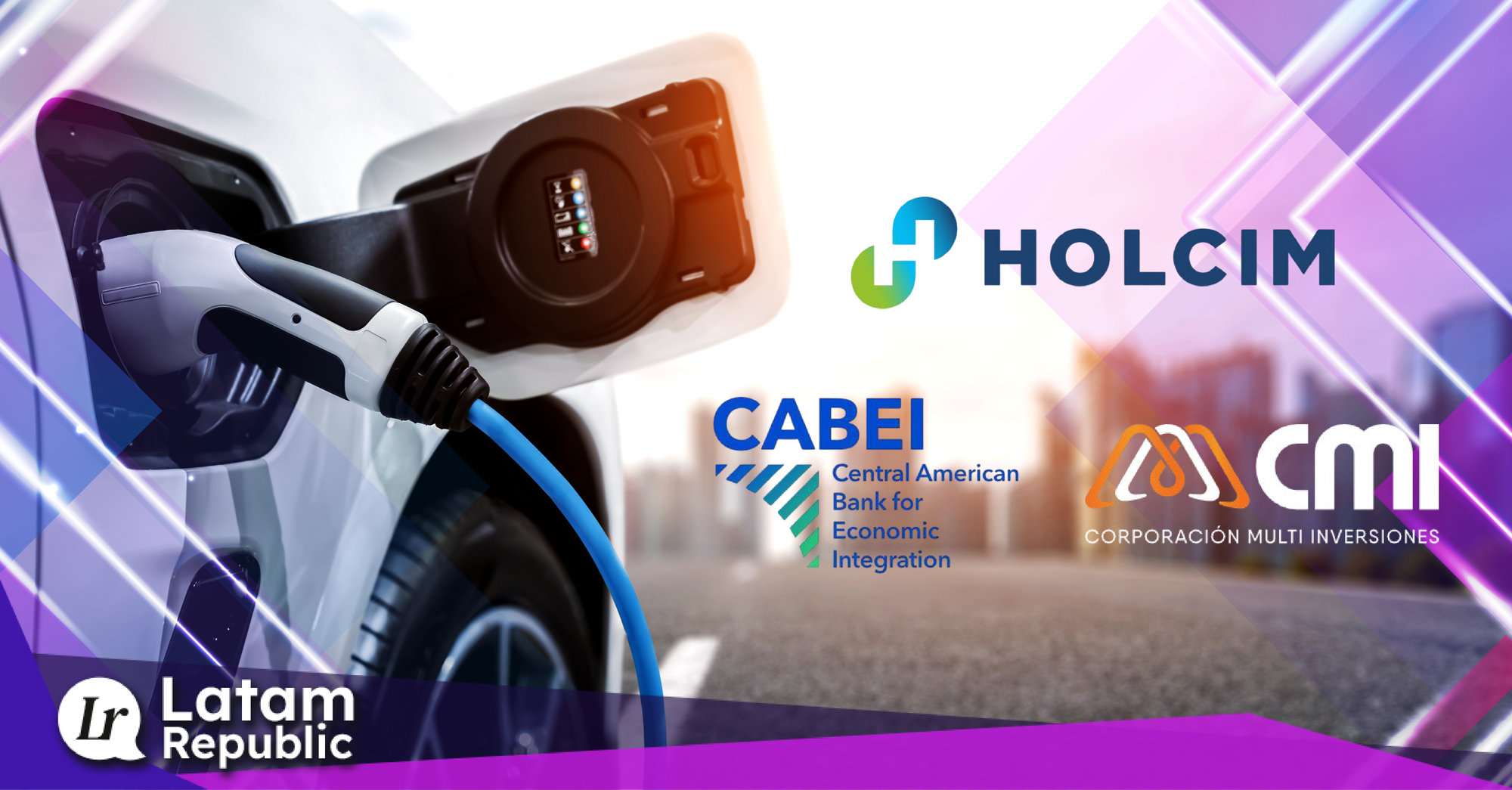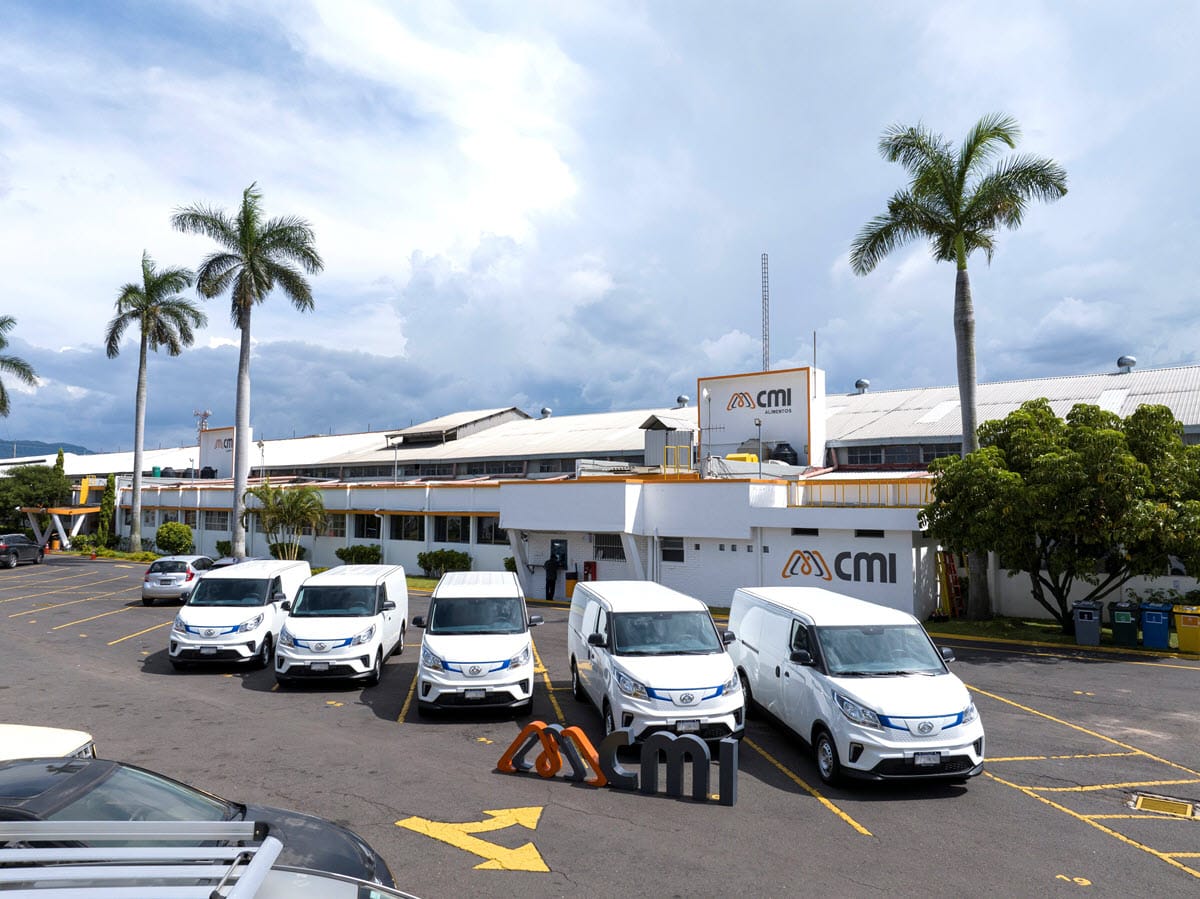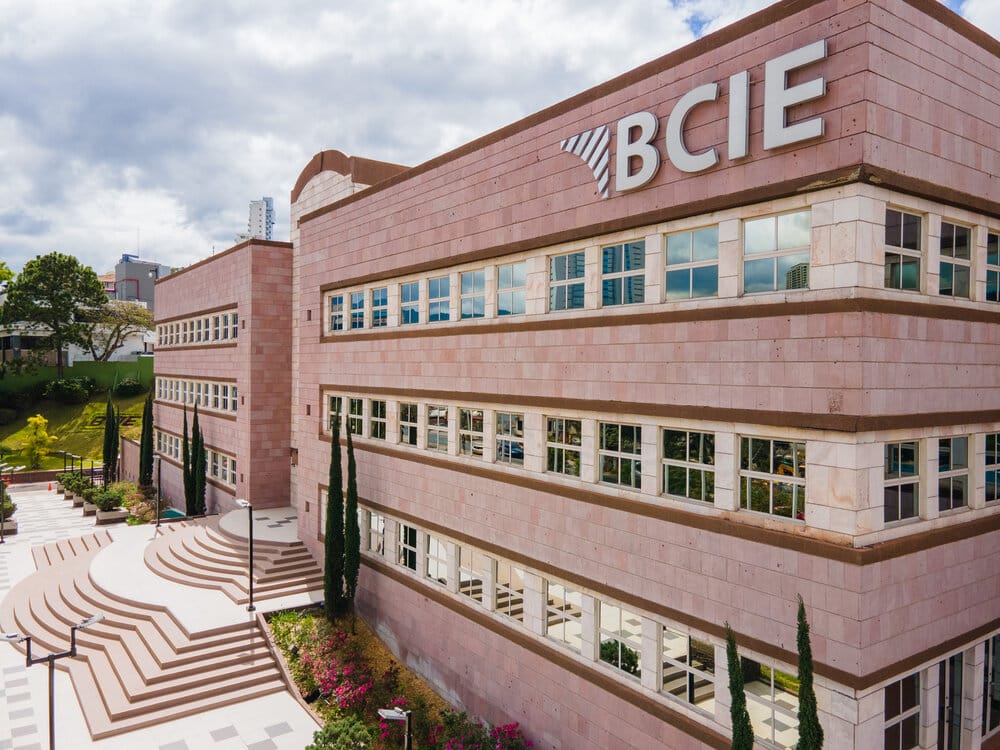3 Companies Promoting Electric Mobility in LATAM
CMI, Holcim Costa Rica, and the BCIE are spearheading the transition to electromobility in Latin America, committed to innovation and sustainability.

The shift towards more sustainable transportation solutions is critical to mitigating climate change impacts and fostering a cleaner economy. In Latin America, several leading companies are embracing electromobility not just to enhance operational efficiency and reduce costs but also to align their practices with global sustainability goals.
Let's examine three companies making a difference in the region by implementing electric vehicles in their operations, thus leading the change towards a greener future.
CMI, Corporación Multi Inversiones

CMI, Corporación Multi Inversiones, a multilatin family corporation with a presence in over 16 countries, is making significant strides in the electromobility sector. With the launch of innovative projects, such as the electric fleet for B4C operations (pasta, cookies, and soups), CMI is not only significantly reducing its carbon footprint but also leading the way toward a more sustainable food industry.
This CMI initiative has prevented the emission of more than 2.1 million tons of CO2 and has integrated renewable energy technologies into its daily operations. Moreover, they have set a precedent with their focus on integrated sustainable solutions across all business areas, reinforcing their commitment to innovation and environmental responsibility.
These actions are a fundamental part of the vision and leadership of the third family generation represented by Juan Luis Bosch Gutiérrez, Chairman of CMI Capital, and Juan José Gutiérrez Mayorga, Chairman of CMI Foods. With the aim of advancing towards a sustainable future, electromobility plays a significant role in the corporation and its business groups' efforts to achieve cleaner operations.
Perhaps you might also be interested in reading: The Renace Hydroelectric Plant and its Environmentally Sustainable Management Strategy
Holcim Costa Rica

Holcim Costa Rica is a company primarily engaged in cement manufacturing and the processing of quarries and waste for raw material extraction. They have recently implemented a strategy to replace 50% of their commercial fleet with electric vehicles.
This change helps the company reach its carbon neutrality goal by 2050 and reinforces its commitment to sustainable construction practices.
Central American Bank for Economic Integration (BCIE)

The BCIE has begun transitioning its vehicle fleet to electric models in Tegucigalpa, Honduras, reaffirming its role as the Green Bank of Central America. This initiative enhances the bank's operational sustainability and promotes the adoption of clean and efficient transportation in the region.
Additionally, the BCIE offers financing for electric vehicles to its member countries and has developed financial products to encourage the acquisition of hybrid and electric vehicles among its employees.
The commitment of these companies to electromobility reflects an internal transformation towards more sustainable practices and a proactive commitment to regional sustainability. Thus, they are setting a legacy of innovation and environmental responsibility, demonstrating how businesses in Latin America can lead the way towards a more sustainable future.
